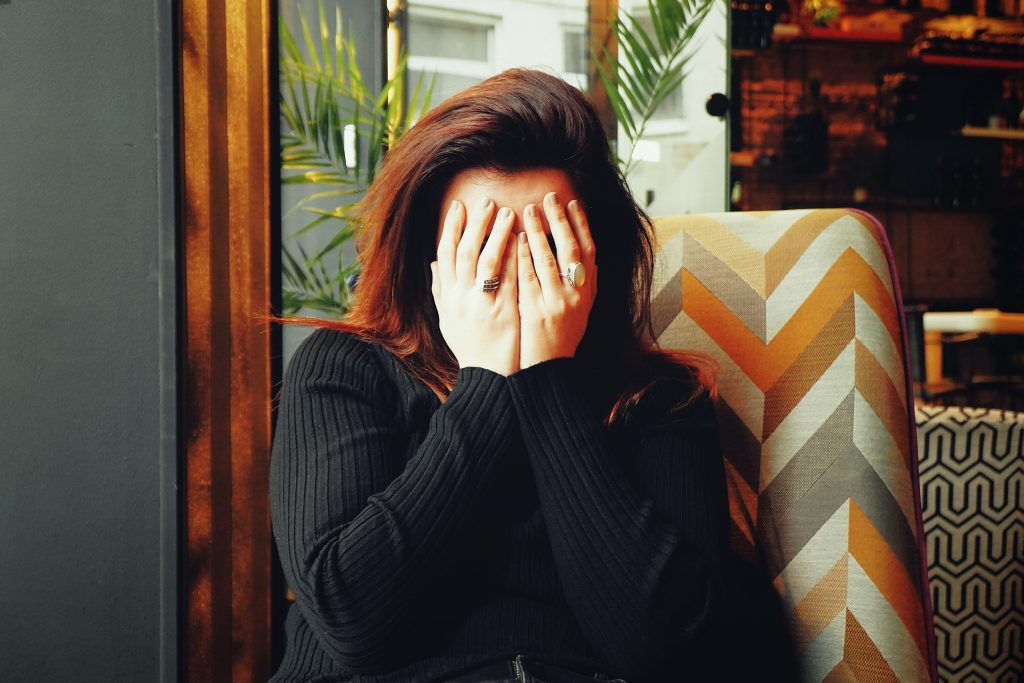Womens Health Week: Migraines
Did you know women are more than twice as likely to experience a migraine than men?
The research is limited but it is believed that hormonal fluctuations of oestrogen and progesterone influence the pathogenesis of migraines, leading to females experiencing more severe attacks and longer recovery periods.

What is a migraine?
A migraine is a neurological condition and can be differentiated from headaches through the following criteria put forward by the International Headache Society:
1. The pain has at least two of the following attributes;
– one sided
– moderate to severe intensity
– throbbing
– aggravated by movement (i.e. walking, going up stairs)
2. There is at least one of the following associated symptoms:
– nausea
– vomiting
– photophobia (sensitivity to light)
– phonophobia (sensitivity to noise)
3. The headache lasts for between 4 and 72 hours
What can trigger a migraine?
It can be tricky to figure out what is causing your migraines as it is completely individual. These include but are not limited to:
– Genetics. A close family member suffering from migraines may predispose you to being more likely to also suffer from migraines.
– Dietary. Specific foods such as chocolate, citrus foods, processed foods or foods with additives such as MSG or caffeine. Missing meals and alcohol (in particular red wine) can also trigger a migraine.
– Environmental. Altitude, changes in barometric pressure, sensory overload by flickering lights, loud sounds or even strong perfumes.
– Hormonal. Times of fluctuating hormones eg. menstruation, peri-menopausal and menopause
– Physical. High intensity exercise such as running. Too little sleep/too much sleep, poor posture, too much screen time, sinusitis, jaw/shoulder/neck issues could all have an impact.
– Emotional: Stress
What are my treatment options?
Headaches Australia suggest
1. Change in lifestyle factors, which can be done by monitoring our triggers mentioned above. Not sure of your own triggers? Why not start a migraine diary and see if you can pick up any patterns precipitating an attack.
2. Acute Treatment often includes panadol or NSAIDs, rest or maybe try a heat pack on those shoulders.
3. Preventative treatment may include botox or targeted medication prescribed by your GP
4. Complementary Therapies. Acupuncture, Naturopathy, Yoga, Manual Therapy. Manual Therapy can work at easing some of neck, jaw, shoulder restrictions and give advice around posture and self-management strategies specific to you to help manage your migraine symptoms.
If you want to discuss further on understanding your migraines or how complementary therapies may be able help you, reach out to us at 13th Beach Health Services on 5254 2668.
Melanie Biacsi
Osteopath
_________________________
References:
https://headacheaustralia.org.
International Headache Society, 2018, 1. Migraine. Retrieved from: https://ichd-3.org/1-migraine/

